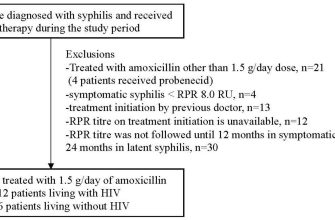Gabapentin primarily treats nerve pain associated with conditions like shingles and diabetic neuropathy. Doctors also prescribe it for epilepsy and restless legs syndrome. Dosage varies considerably depending on the condition and individual patient response, ranging from 300mg to 3600mg daily, typically administered in divided doses.
While effective for many, gabapentin can cause side effects. Common ones include drowsiness, dizziness, and fatigue. Less frequent but potentially serious side effects include swelling, rapid weight gain, and breathing problems. Always report any unusual symptoms to your physician immediately. Regular monitoring of blood pressure and kidney function may be necessary, especially for long-term use.
Important Note: This information is for educational purposes only and should not substitute advice from a healthcare professional. Never alter your prescribed dosage without consulting your doctor. Gabapentin interacts with several other medications; you must inform your doctor about all medications and supplements you are taking.
Seek professional medical guidance before starting or stopping gabapentin. Your doctor can provide personalized advice based on your medical history and current health status, ensuring you receive the safest and most effective treatment. Careful consideration of potential side effects and interactions is vital for safe usage.










